The Realistic Empiricism of Mach, James, and Russell: Neutral Monism Reconceived
In the early twentieth century, Ernst Mach, William James, and Bertrand Russell founded a philosophical and scientific movement known as 'neutral monism', based on the view that minds and physical objects are constructed out of elements or events which are neither mental nor physical, but neutral between the two. This movement offers a unified scientific outlook which includes sensations in human experience and events in the world of physics under one roof. In this book Erik C. Banks discusses this important movement as a whole for the first time. He explores the ways in which the three philosophers can be connected, and applies their ideas to contemporary problems in the philosophy of mind and the philosophy of science - in particular the relation of sensations to brain processes, and the problem of constructing extended bodies in space and time from particular events and causal relations.
{{comment.content}}
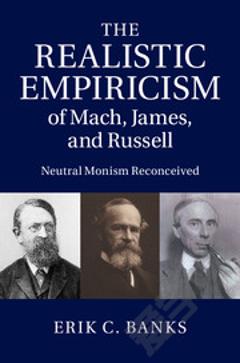
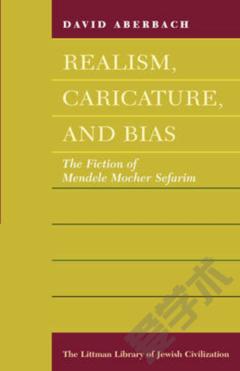
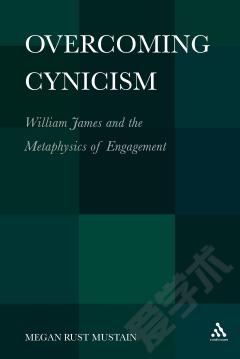

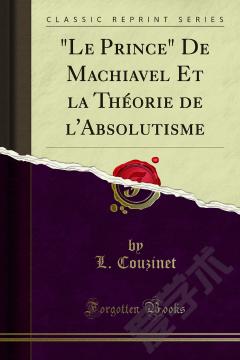
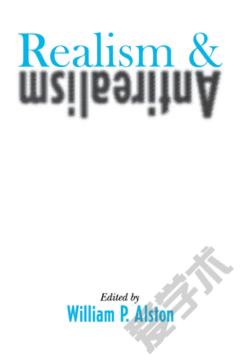
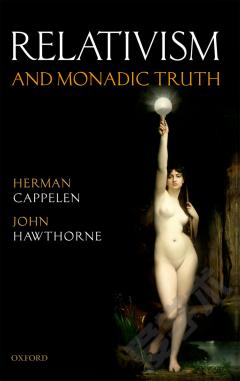

 京公网安备 11010802027623号
京公网安备 11010802027623号